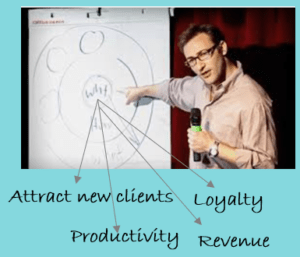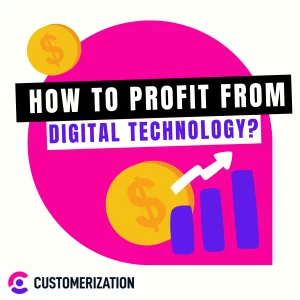How does a business owner know they have been priced fairly for a technology implementation project?
When you get to pricing, you already have an idea about the kind of software you are going to buy and what it is supposed to do for your business.
You have a rough roadmap of software implementation, what is a must- and nice to have for you. It is helpful to understand how much you are willing to customize the product vs. using it off the shelf.
In other words, you know what to expect at the end of the first release as well as when that release is supposed to happen.
Now, to the actual question
Software implementation of three main elements: cost of licenses, consulting or professional services fees, and your time and resources.
License is the price you pay for the right to use the software. Pricing models vary.
It is Important to optimize license costs. They may vary based on product features included, the number of licenses acquired for a specific organization, access levels required, and else. Bundles and packages are becoming popular too.
To get the license package right, consulting with someone who has experience - a colleague who has done that before or an external consultant.
To evaluate Professional Services costs, acquire three quotes from different service providers and compare them. Make sure you compare apples to apples - same features and services.
If you see a surprising gap in one of the providers’ pricing - way too high or extremely low - try to understand why that happens (whether you missed something or the vendor did). From our experience, a provider with this different pricing would not be a good fit.
Now what’s left is to choose from the other quotes based on your success criteria.
The third element of pricing - your time and resource - is often forgotten. To have a successful project, your organization’s team must be involved in the process.
A product owner or a subject matter expert would be assigned to work with the service provider. If many departments are involved, more than one expert might need to join.
What would they do? Create user stories (requirements) and define acceptance criteria, help plan development sprints and define what those include, prioritize deliverables, conduct user acceptance testing, and support staff training.





